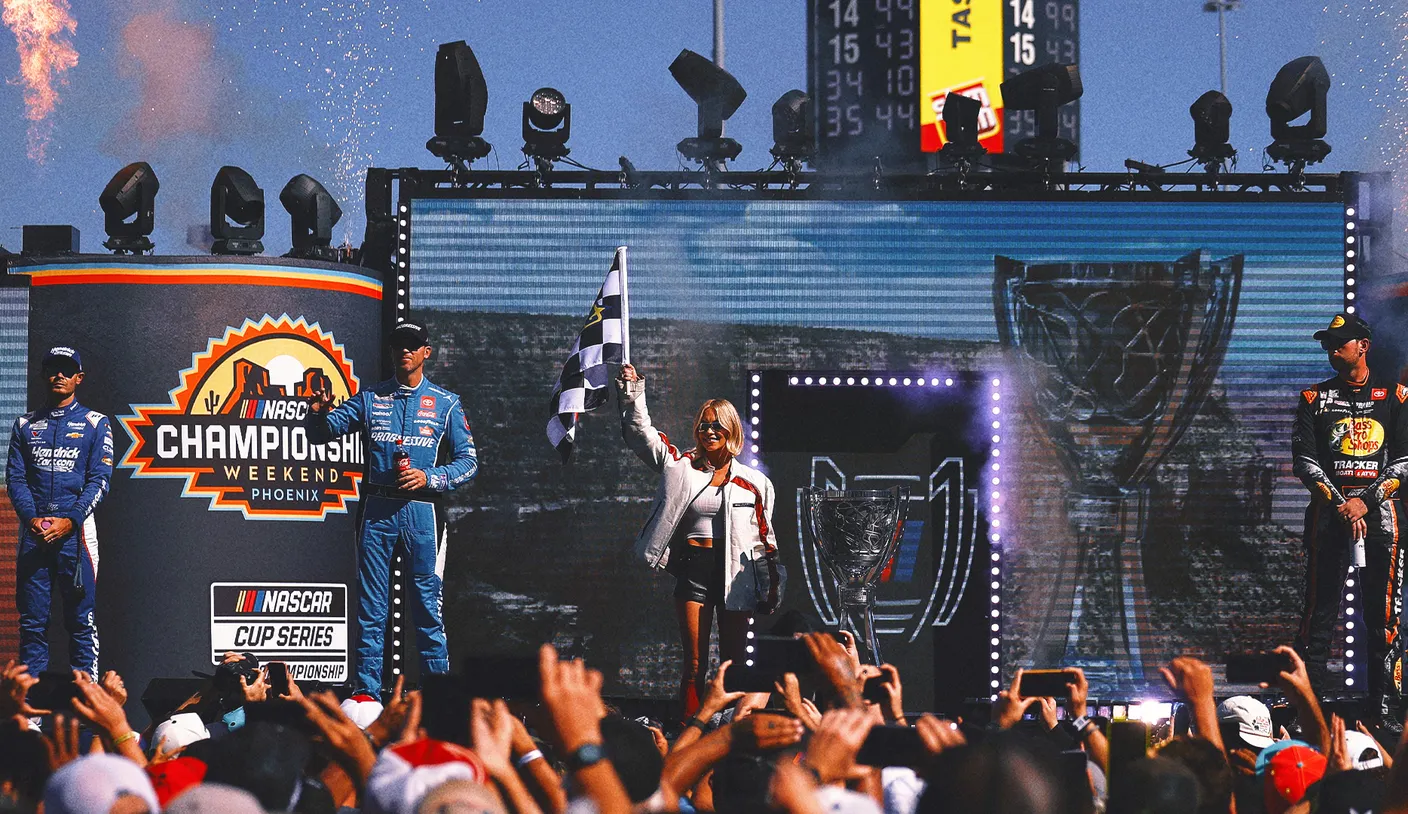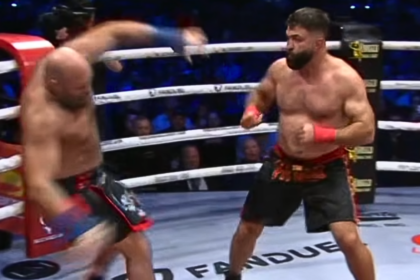Interestingly, the NASCAR Cup Series champion was not the driver who won the most crucial race but the one who performed most consistently throughout the entire season. Over the past 12 years, NASCAR has attempted to implement a playoff-style championship with a straightforward, winner-takes-all final race, but this format never fully connected with fans despite its high intensity and occasional controversies.
As NASCAR considers a new championship format, it’s evident that the traditional one-race finale—where four drivers compete, and the best finisher claims the title—will be abandoned. NASCAR President Steve O’Donnell shared that future formats will likely emphasize the entire season, rewarding drivers who have demonstrated consistent success. Wins remain a significant factor, but the goal is to balance season-long performance with championship excitement.
To succeed in the current playoff system, a driver must advance through three rounds, winning races or accumulating points via playoff bonuses and regular-season results. Though the championship countdown involves complex calculations, fans dislike when top season performers don’t win titles, and drivers themselves prefer formats that emphasize sustained excellence, whether that’s a multi-race final round, an extended playoff, or a full-season points system.
The 2025 season highlighted this tension: Kyle Larson won the championship by showing consistent point-scoring across the year, despite not winning in the final 24 races, while Denny Hamlin, with six wins, narrowly missed out after a late caution and strategic pit call affected the finale. This outcome underscored how unpredictable elements, like cautions, can heavily influence championships, a fact that remains contentious among fans and competitors.
NASCAR aims to refine the system to better showcase star drivers who win often, creating more memorable moments while keeping the sport competitive and fair. O’Donnell noted the task is to meet fan and industry expectations by preserving exciting racing while addressing concerns over driver recognition.
Finally, it’s clear that NASCAR’s fanbase wants more than just a single-race champion—they want to see their favorite drivers rewarded for season-long excellence, akin to other major sports but with a unique NASCAR identity.
Fan Take: This discussion about NASCAR’s championship format is crucial because it reflects the tension between dramatic, winner-takes-all finales and rewarding consistent performance throughout a grueling season. How NASCAR resolves this will shape the sport’s future appeal, potentially creating a more satisfying experience for fans and giving drivers a fairer shot at glory.



